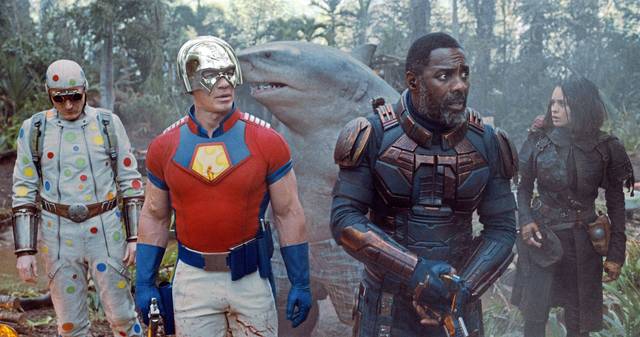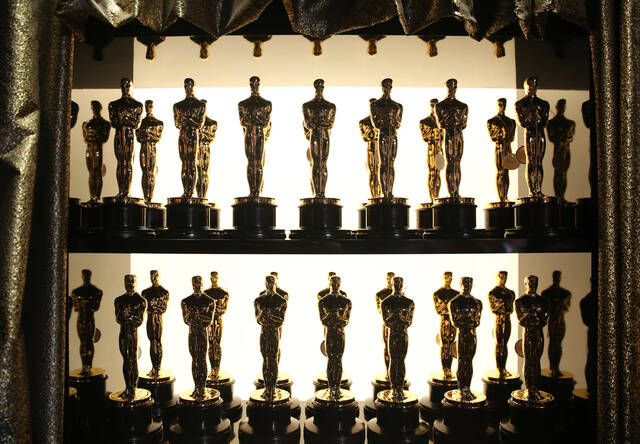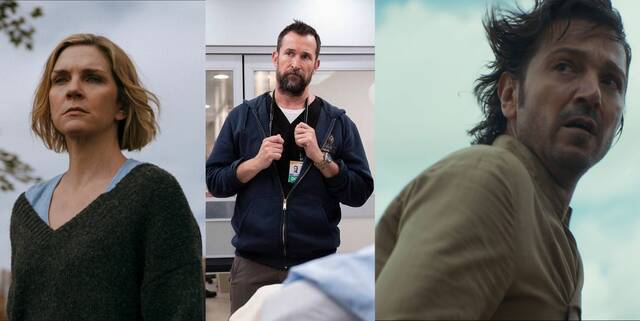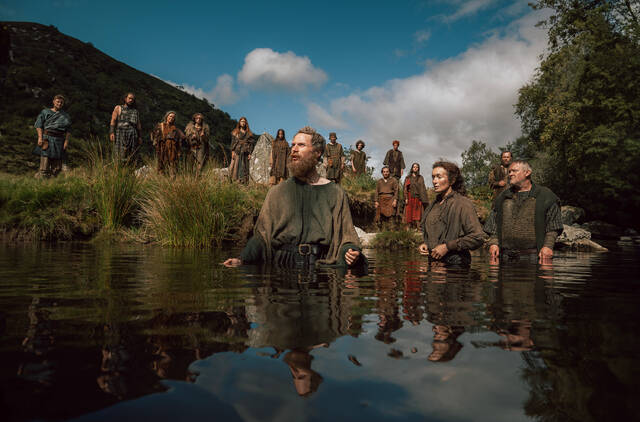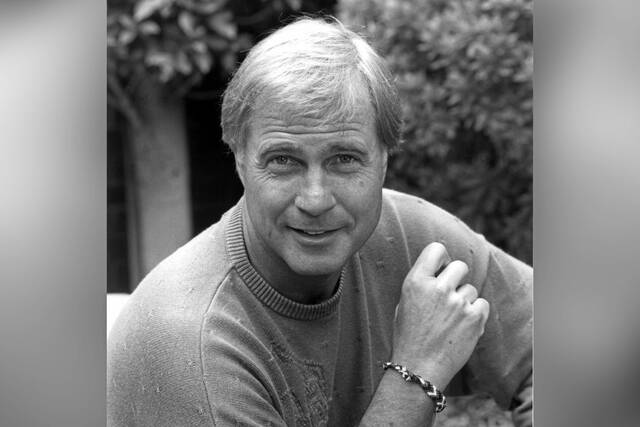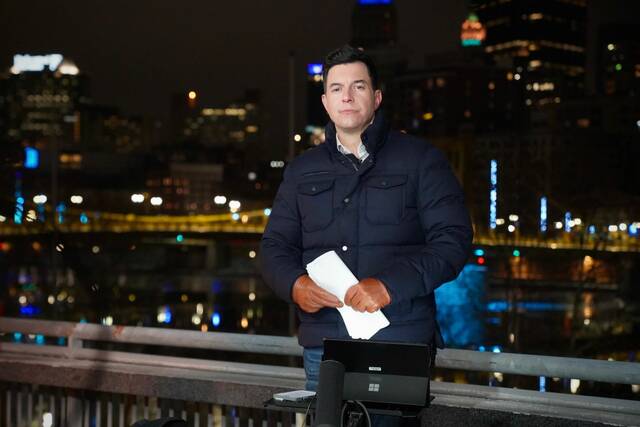Attention 14-year-old boys: “The Suicide Squad” is the greatest movie you’ve ever seen.
For the rest of us, this profane, ludicrous, juvenile, ultraviolent, bullheaded, excessive, yet sometimes beautiful and oddly touching splatterfest is either the end of superhero movies as we know them or a new beginning. Either way, it’s probably the only movie you’ll see where a half-human, half-shark rips a man clean in half, in a stupendous slow-mo shot set against the backdrop of a massive rainstorm. “The Suicide Squad” is audacious, you have to at least give it that.
The writer-director here is James Gunn, who has a lot to get off his chest, and he doesn’t hold back. Gunn got his start working for the low-budget horror house Troma, of “Toxic Avenger” fame, and after making his directorial feature debut with 2006’s B-movie homage “Slither,” he wrote and directed the two “Guardians of the Galaxy” films for Marvel. He was removed from the third “Guardians” film when Disney bowed to pressure from right wingers over tasteless tweets he wrote a decade ago, and DC swooped in and gave him the reins for this sort of sequel, sort of do-over on 2016’s artistically disastrous but financially lucrative comic book adaptation “Suicide Squad.”
Gunn comes in locked and loaded, and he pushes the envelope with everything he couldn’t do in Disney’s Marvel universe. That’s why a character’s face is completely blown off in the first few minutes of the film, and he has bodies being decapitated, dismembered, exploded, crushed, and disposed of in any number of ways throughout the film. This is hard-R territory, with a sky-high F-word tally and full-frontal male nudity to boot. It’s like Gunn is trying to see what he can get away with and never finds his ceiling. (After the smoke died down, Marvel did reconsider and will bring Gunn back for “Guardians 3,” so it’s a good thing he got everything out of his system here.)
But beyond all the blood and guts and the glut of genitalia jokes, most of which land with a thud, Gunn does create several standalone moments of wonderment, well beyond what one would expect from the brute force DC Universe. It shows his value beyond his ability to shock, and a balance of his impulses would have brought more harmony to this often chaotic vision.
Viola Davis’ Amanda Waller is one of the holdovers from the 2016 film, and she calls on a new group of Suicide Squadders — convicted supervillains enlisted to do black ops work for the U.S. government in exchange for time off their sentences — to take down a secret lab in Corto Maltese.
Among the new recruits: Bloodsport (Idris Elba), a trained assassin who manifests weapons from his high-tech supersuit; Peacemaker (John Cena), a hardcore killer who doesn’t care who he has to murder in order to achieve his ideal of peace; Nanaue (voice of Sylvester Stallone), a human-shark hybrid who’s just looking for a friend (and some food); Polka-Dot Man (David Dastmalchian), who is infected with a rare disease that allows him to throw deadly polka-dots at people (and who has some serious mommy issues to work through); and Ratcatcher 2 (Daniela Melchior), who possesses the ability to control the minds of rats.
They’re joined by Rick Flag (Joel Kinnaman), whose job it is to wrangle the group, and Margot Robbie, making her third turn as Harley Quinn, after “Suicide Squad” and last year’s “Birds of Prey.”
This group goes through the usual bonding struggles while mowing down everyone in their path, even allies. Their end goal is to infiltrate the lab where the Thinker (Peter Capaldi) has been conducting secret experiments on humans, a plan called Project Starfish.
Elba’s Bloodsport is essentially the leader but his character is rather flat; Cena, in his best screen performance to date, brings a unhinged psychopathy to his role and lets viewers see the layers of villainy underneath his rigid veneer.
Robbie’s Harley Quinn, the only positive in the original “Suicide Squad,” is missing the manic spark that once made her such a fun, unpredictable character; three times is enough for her to play Harley, and the wear is showing. Meanwhile, as Polka-Dot Man, Dastmalchian is seriously unsettling, bringing serial killer vibes to his broken superhero.
Melchior’s Ratcatcher is the quiet soul of the group while Nanaue, who speaks in mono-syllabic grunts, may be the most relatably human member of the group; a sequence where he makes friends with an aquarium full of fish is the film’s most tranquil, transcendent moment. (Of course the fish end up being flesh-eating monsters, but that’s “The Suicide Squad” for you.)
More than anything this is Gunn’s show, and he treats it like the culmination of his career to date, mixing Troma influences, the gross-out sci-fi mechanics of “Slither,” the cracked superhero ideas of 2010’s “Super” and the group dynamics (and FM radio-friendly tunes) of “Guardians of the Galaxy.”
Some of it works, a lot of it doesn’t, but “The Suicide Squad” finds its way during its boffo climax when it shifts gears completely and becomes a monster movie. (Remember that Starfish that was mentioned earlier? Godzilla and King Kong have nothing on him.) That it even attempts to make that transition shows the anything-goes nature of Gunn’s filmmaking; that it does so successfully and ends the movie on a high note is a feather in his cap. Those 14-year-olds could do a lot worse.


